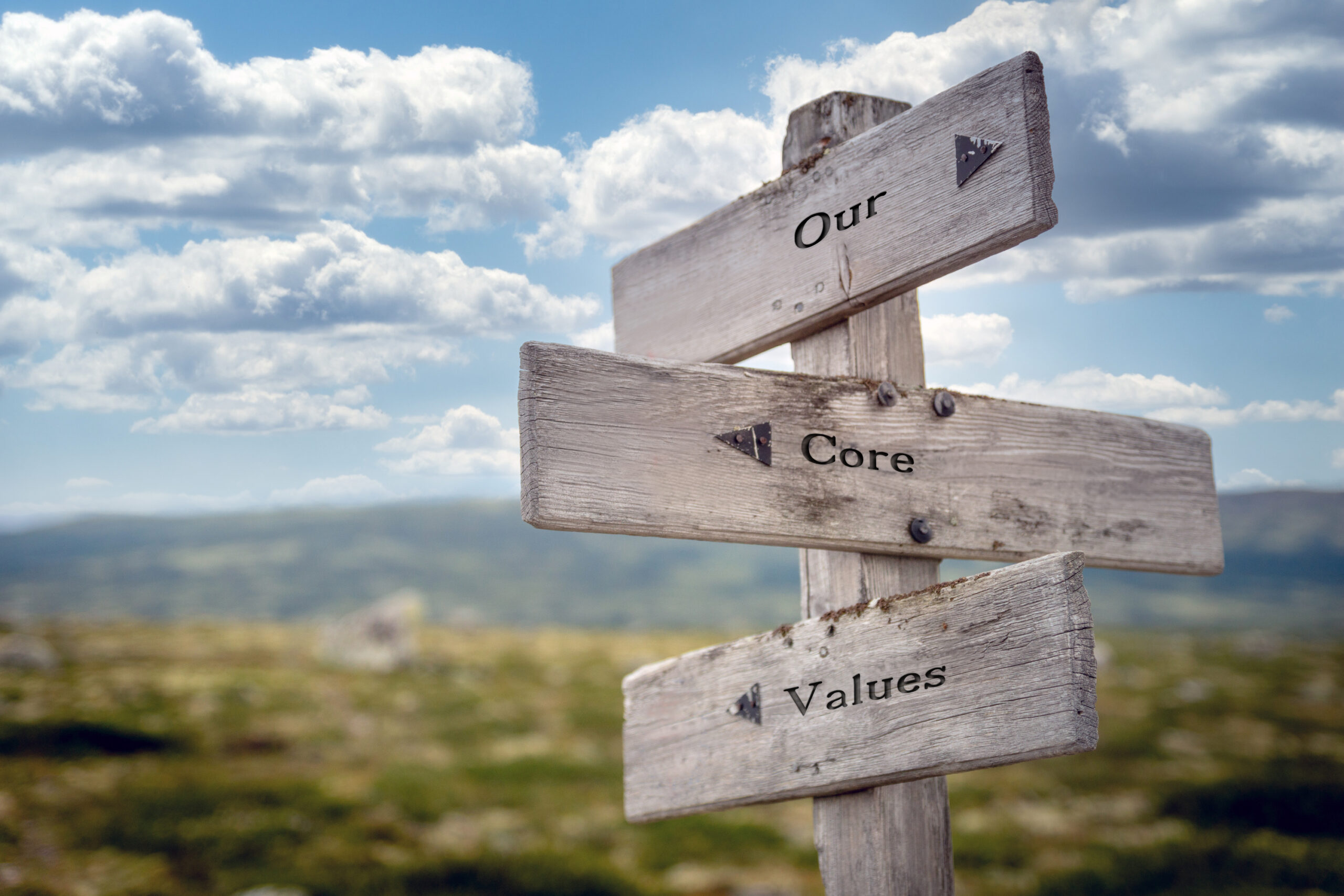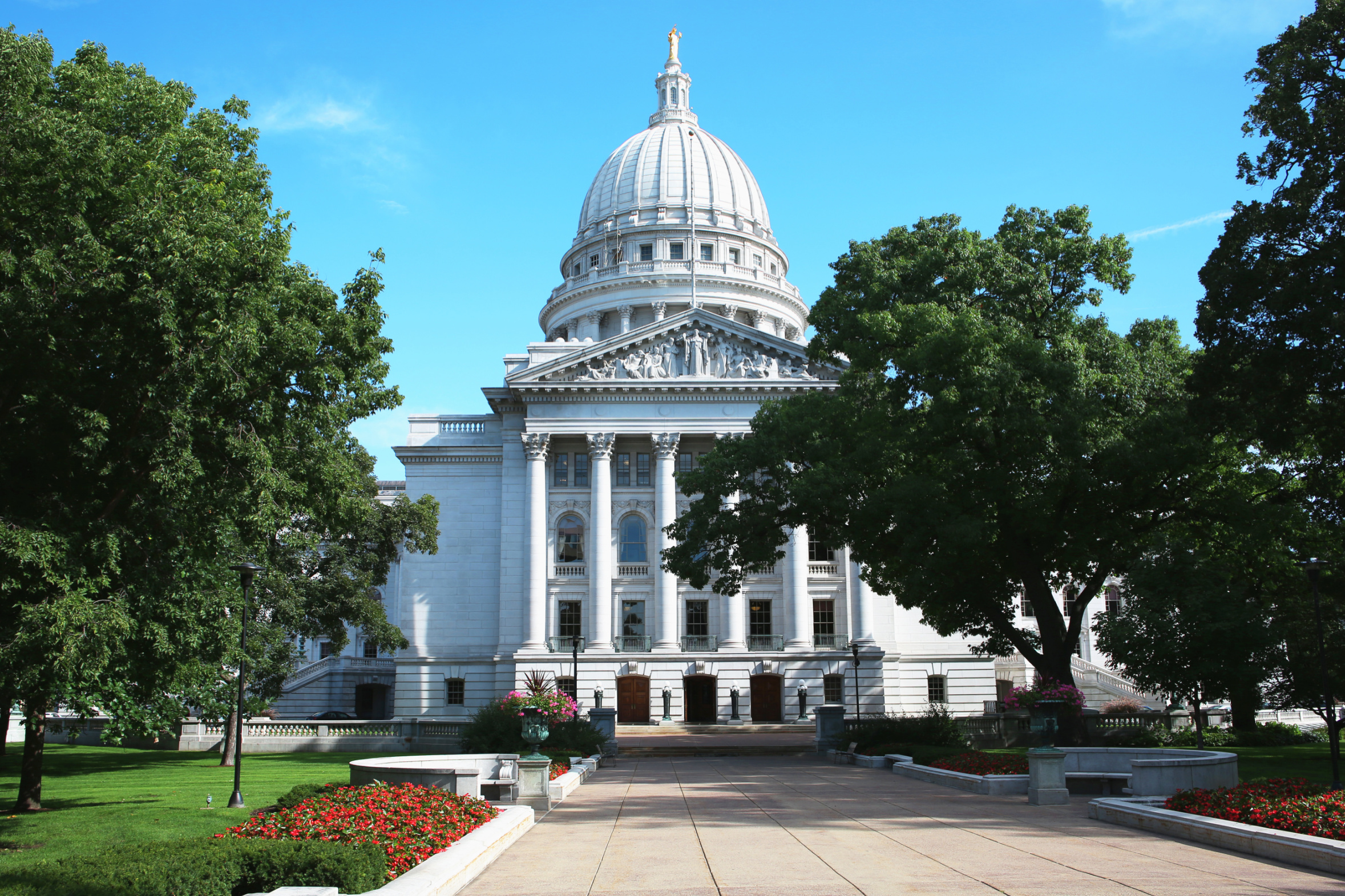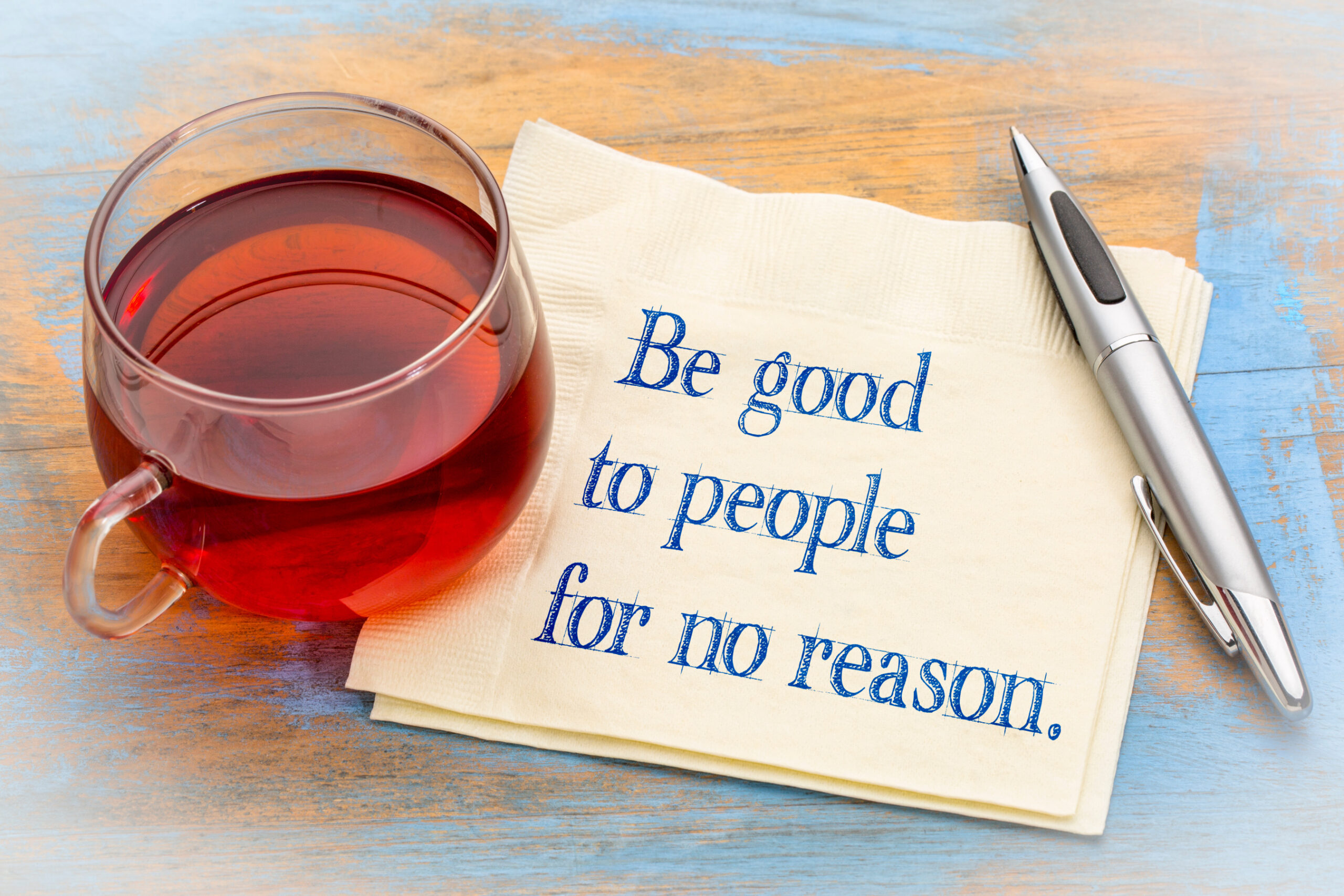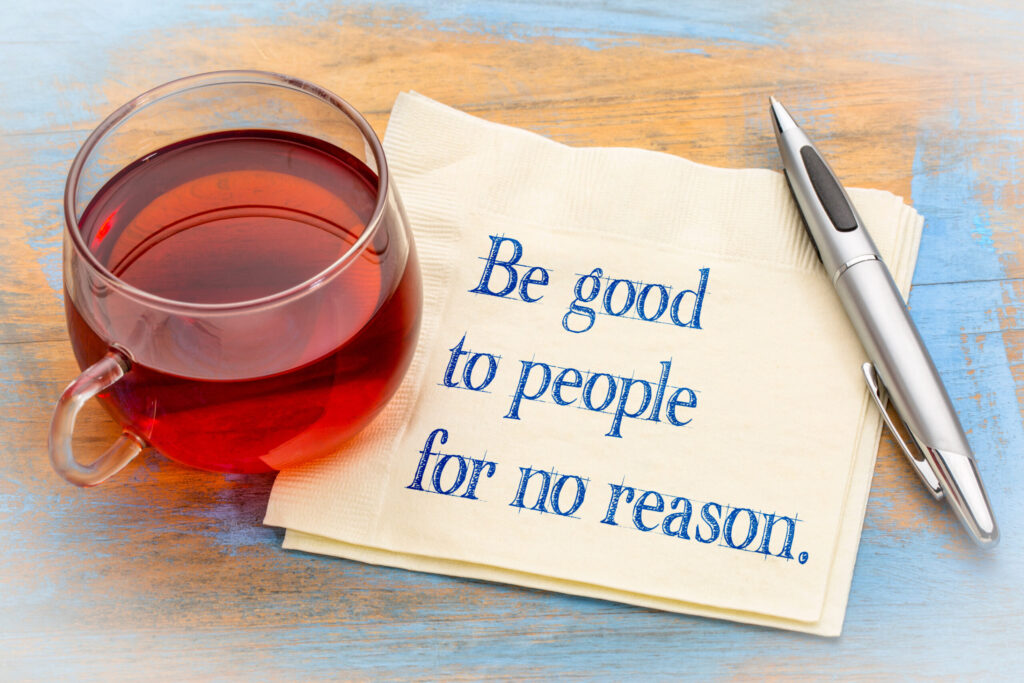Living Civics: Rediscovering Kindness and American Values—Week 7: Valuing Differing Opinions

In a world that often feels divided and rushed, the importance of kindness, respect, and civility can’t be overstated. These timeless principles—once the bedrock of American values and civics—seem to be eroding in the noise of modern life. Yet, these small acts of decency have the power to bring us together, bridge divides, and remind us of the shared humanity that unites us all.
This 22-week series, Living Civics: Rediscovering Kindness and American Values, is a journey back to the basics of what it means to be a good person. Each week, we’ll focus on a specific behavior or mindset that not only embodies personal integrity but also strengthens the fabric of our communities. From simple acts of gratitude to respecting others’ boundaries, these lessons are about more than etiquette—they’re about restoring the civility that makes America a truly great place to live.
Being a good person isn’t about grand gestures or perfection; it’s about consistent, everyday actions that show kindness, empathy, and respect. As we revisit these values, we’re reminded that our actions don’t just impact those around us—they shape the future we leave behind. By embracing these lessons, we can contribute to a culture of mutual respect and understanding, setting an example for the next generation.
Together, let’s rediscover the quiet power of civics in action and the enduring importance of kindness. Each step we take toward being better individuals brings us closer to being a better nation.
Respecting Different Opinions
Diversity of thought is not just an abstract ideal—it’s the foundation of meaningful conversations and a healthier society. In a time when polarizing opinions seem to dominate public discourse, the ability to respect differing viewpoints can sometimes feel like a lost art. Yet, it’s through the respectful exchange of diverse perspectives that we grow as individuals and as a community.
A recent Pew Research Center study highlighted the value of acknowledging opposing viewpoints. It found that 56% of people are more likely to respect someone who acknowledges differing opinions. This respect stems from a shared understanding that no one has all the answers, and every viewpoint, even when differing from our own, brings a unique angle to the conversation. It’s about seeking common ground, rather than being entrenched in the belief that only one side is right.
Think of it like this: what looks like a “6” to you may appear as a “9” to someone else. Respecting others’ perspectives isn’t about blindly agreeing with them but about recognizing the validity of their lived experiences and their right to hold differing views. When we allow ourselves to embrace other viewpoints, we open the door to new ideas and solutions that might have been previously overlooked. This act of mutual respect can lead to greater collaboration and fewer misunderstandings.
In practice, this means listening. It means resisting the urge to immediately respond or shut down a conversation just because we disagree. It means considering the person’s background, experiences, and reasoning behind their position before offering a rebuttal. Sometimes, it also means agreeing to disagree without letting it escalate into a heated argument. The ability to engage respectfully, even when we don’t share the same opinion, is one of the most powerful tools in building strong, cohesive communities.
Respecting differing opinions not only reduces conflict, but it also fosters a more open-minded and empathetic society. According to another Pew Research survey, 73% of Americans say that being able to discuss politics with people who disagree is important for the health of a democracy. By learning to engage in respectful discourse, we can bridge gaps in our understanding, even in the face of profound differences.
The benefits of respecting differing opinions extend beyond just political discourse. In workplaces, families, and communities, this value encourages collaboration, problem-solving, and mutual support. When people feel heard and understood, they are more likely to engage in positive, productive ways. It encourages empathy, allowing us to put ourselves in others’ shoes, which is vital for personal growth and community development.
In addition to fostering better relationships, this practice also strengthens our democracy. It reminds us that in a society built on freedom, everyone has the right to voice their beliefs, even if they differ from our own. Respecting differing opinions is not just an act of civility—it’s an act of democracy in action.
Every time we listen with an open mind, every time we validate another person’s viewpoint, we take a small but significant step toward creating a more respectful and connected society. Kindness and respect, even when it comes to disagreeing, are the cornerstones of being a good person. These values are vital for building stronger, more resilient communities.
So, how can we incorporate this lesson into our daily lives? Start by listening more carefully. Practice empathy in conversations. When you hear a perspective that differs from yours, take a moment to reflect on what that person might be experiencing and why they hold their views. Strive to understand, not to win the argument. And most importantly, recognize that even in disagreement, kindness and respect can prevail.
As we go through this week, let’s challenge ourselves to listen more deeply, to engage more thoughtfully, and to treat each other with the respect we all deserve. By doing so, we won’t just be better individuals—we’ll be contributing to a culture of mutual respect that strengthens the very fabric of our society. Together, let’s rediscover the importance of valuing differing opinions and bring civility back to our daily interactions.
RECENT










BE THE FIRST TO KNOW

More Content By
Jessica Curtis










